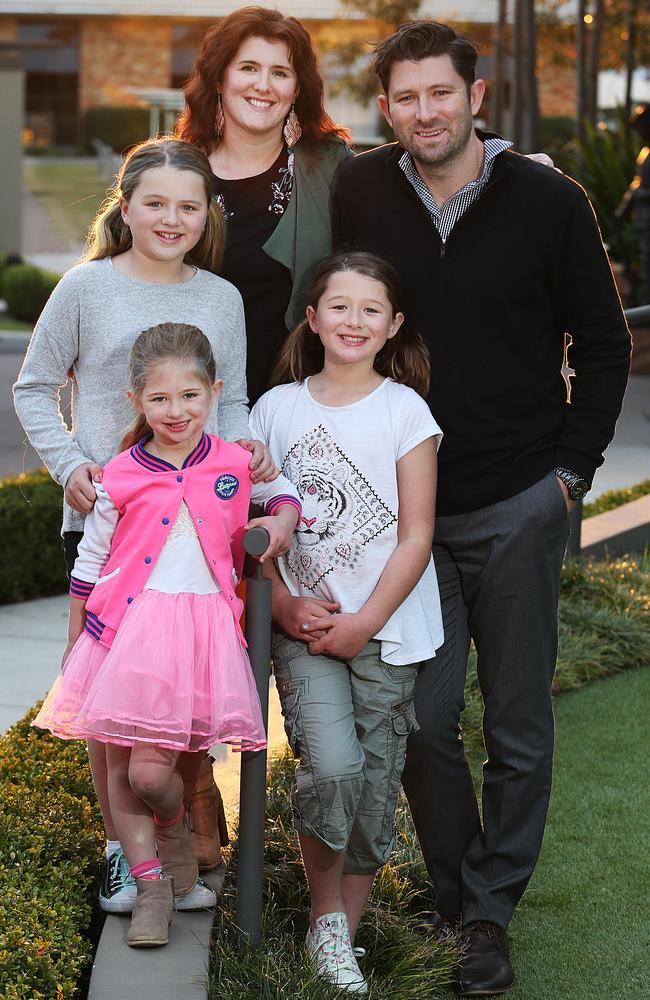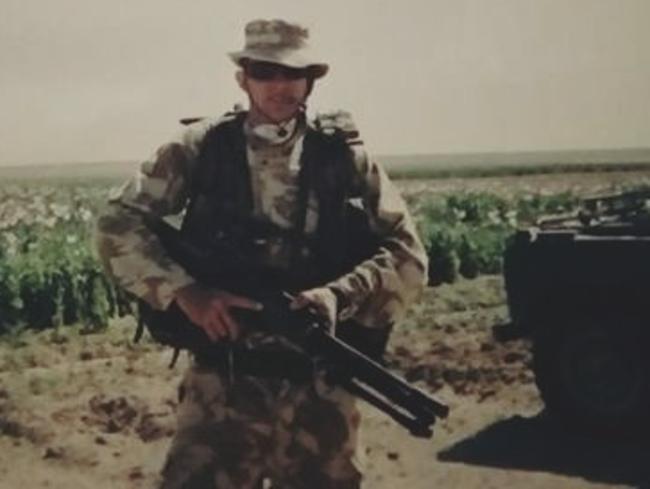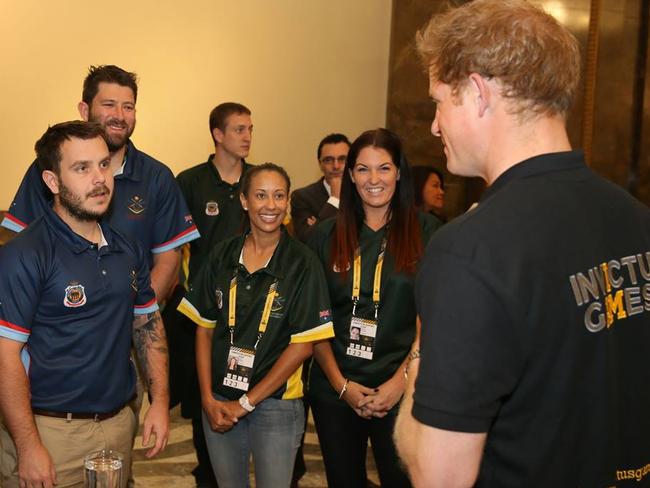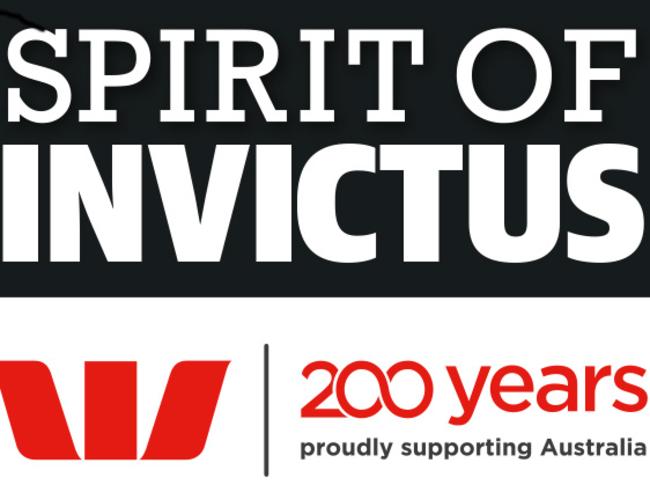Former marine Adrian Talbot says there is more to the Invictus Games than the competition
A FORMER marine who competed at the Invictus Games in London in 2014 reveals why it is more than a competition for those who fought for our country.
NSW
Don't miss out on the headlines from NSW. Followed categories will be added to My News.
ADRIAN Talbot served for eight years as a Royal Marine before being medically discharged suffering from crippling osteoarthritis in both hips.
He was then forced to endure eight operations and a stint in rehabilitation.
Unable to lift his legs, his wife Emily became his full-time carer while also raising their daughter and a newborn.
“My wife had to physically lift my leg out of the car and I had to learn how to walk by the time I was able to use my leg again because my muscles had wasted that much,” Mr Talbot told The Sunday Telegraph.

MORE: Australia fields largest team of war veterans
MORE: Proud military man to represent Australia
MORE: First tickets go on sale for Sydney Invictus Games
Add anxiety, depression and Post Traumatic Stress Disorder to his physical pain, and Mr Talbot found himself in a dark place.
“I was a former shell of the person I was before,” he said.
But that all changed in 2014, with Mr Talbot competing for Australia in swimming and cycling at his first Invictus Games in London.

“The games were the catalyst for me to make my own personal change,” he said.
“When you go through things that change your whole life, you have to reinvent yourself around your limitations and that’s where Invictus is so powerful. It gives you a platform for you to be able to spring back into the world but renewed and refreshed.
“When I was going through my darkest moments, I felt that I didn’t want to be on this planet anymore because I didn’t feel like anyone truly understood. And then I was thrown into the Games with 500 competitors from all around the world who truly get it.”
Mr Talbot said that it wasn’t until he arrived home that he was able to completely comprehend the significance of the Games.
“I probably didn’t really realise it at the time, I was just amazed at what I was experiencing, but when I was able to come home and reflect I realised that this is a lot bigger — I’m now connected to a world full of people that get it,” he said.

He also came to realise that there is a lot more to the Games than the competition itself.
“The spectacle is enough but, for me, the meaning behind it is more powerful because you see people that were told by doctors that they’d never be able to do something again and there they are doing it and doing more. Achieving more than they were told they’d ever be able to achieve.”

He is now the NSW Club Ambassador for the Invictus Games, and is passionate about helping the nation’s ex-service community as Executive Manager of the RSL Homes for Heroes Program.
